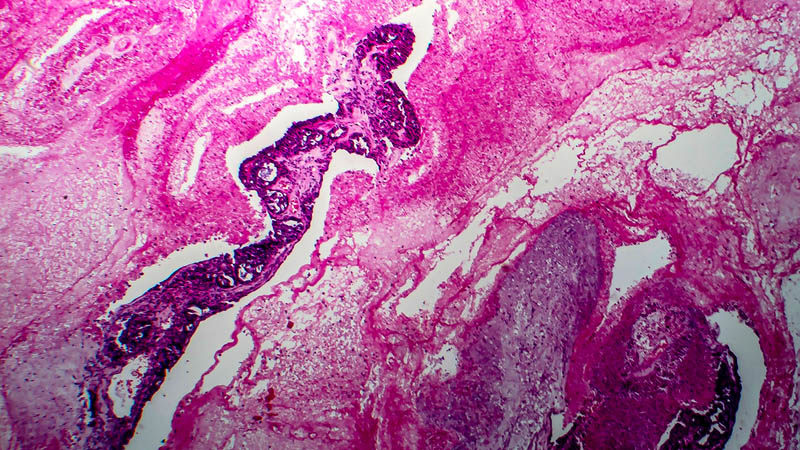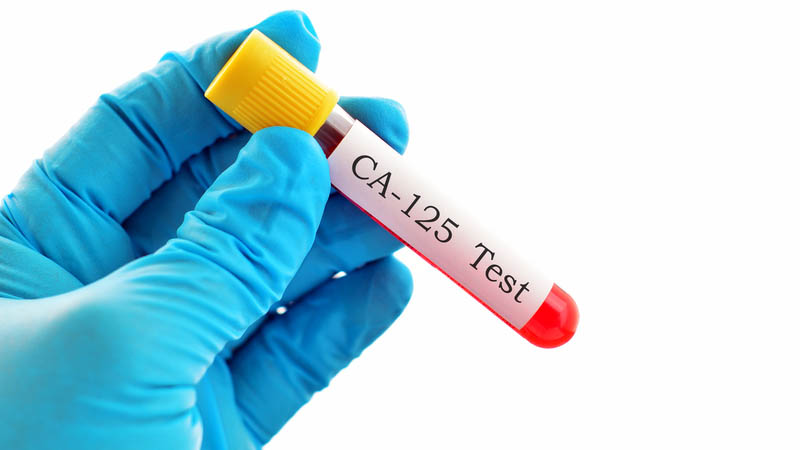Ambiguous genitalia or disorders of sex development. Medical and ethical aspects
Magdalena Pisarska-Krawczyk1,2, Grażyna Jarząbek-Bielecka3, Małgorzata Mizgier4, Amanda Rewers5, Joanna Waligórska-Stachura5, Rafał Czepczyński5, Elżbieta Sowińska-Przepiera6, Witold Kędzia3
 Affiliacja i adres do korespondencji
Affiliacja i adres do korespondencjiBackground: Ambiguous genitalia pose significant medical and ethical problems. Information regarding the neonate’s sex is important for upbringing since it has a significant impact on gender identity. Parents should be informed of ambiguous genitalia by obstetric personnel in accordance with medical ethics, in an appropriate, clear, and professional manner. Objective: The authors investigated which medical terms referring to ambiguous genitalia are considered the most appropriate according to the judgement of obstetrics students. Design: Students of obstetrics were presented with diagrams of various genital malformations associated with sexual ambiguity. They were provided with a list of medical terms for each condition and asked to grade them with 0–5 points based on the appropriateness of the term. Setting: Poznan University of Medical Sciences and Vocational State School in Kalisz. Population: 209 medical students specializing in obstetrics. Methods: Students of obstetrics were shown pictures of neonates with genital malformations. They were then asked to select the most appropriate term for ambiguous genitals from the options listed in the ambiguous genitals questionnaire by grading each term with 0–5 points. Main outcome measures: The appropriateness of the medical terms for ambiguous genitalia was assessed on a numerical scale. Results: The analysis revealed which terms referring to ambiguous genitalia were deemed the most appropriate by students. Conclusions: When a child is born with genital abnormalities, interdisciplinary diagnostic procedures must be implemented and counseling for family members should be provided. Moreover, the nomenclature for such anomalies should be reviewed. A proper diagnosis of disorders of sexual development is also important from the oncological point of view – a patient with a “Y” in the karyotype requires prophylactic gonadectomy as part of germinal cancer prevention – for example germinal tumors (dysgerminoma).









